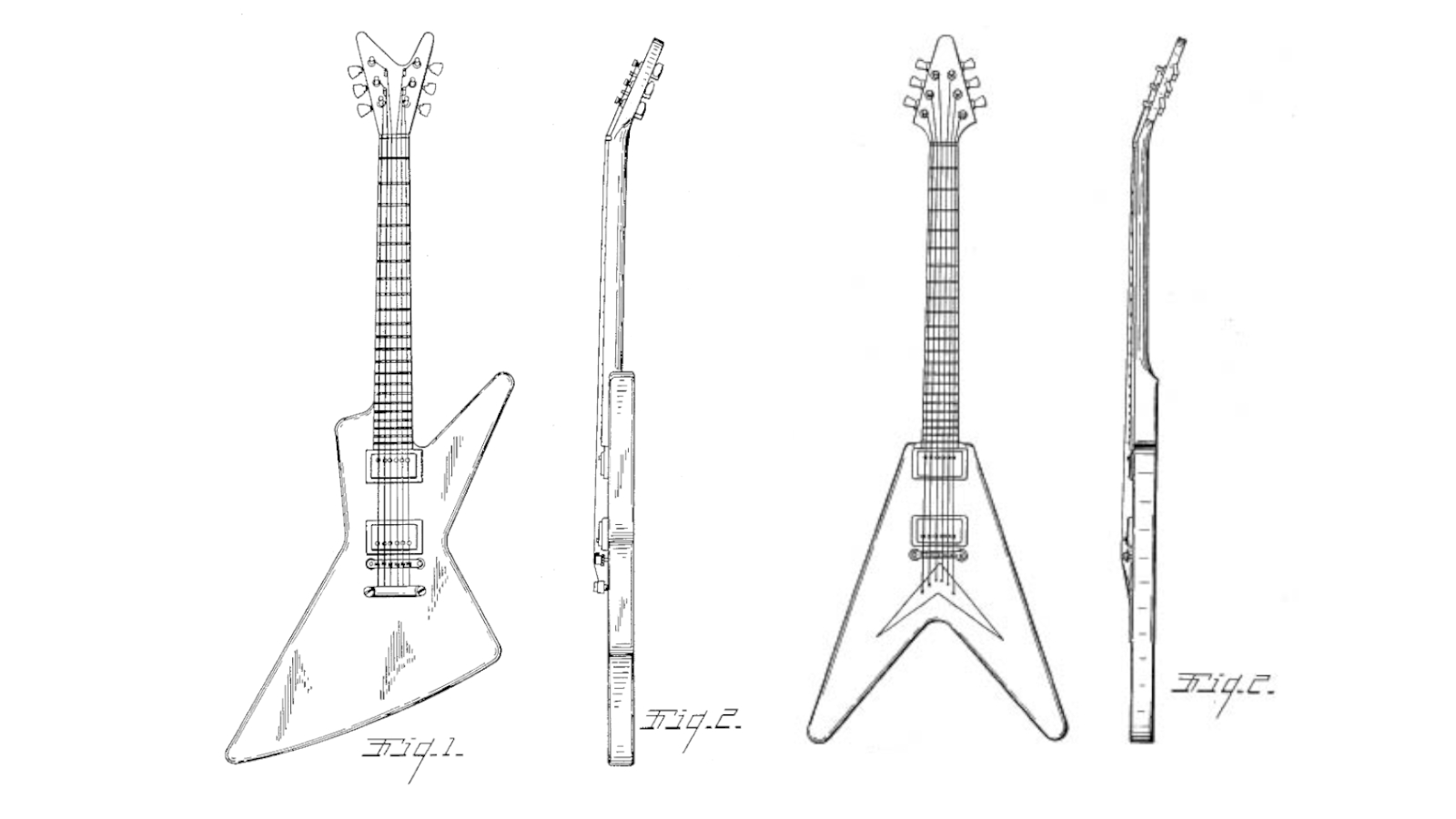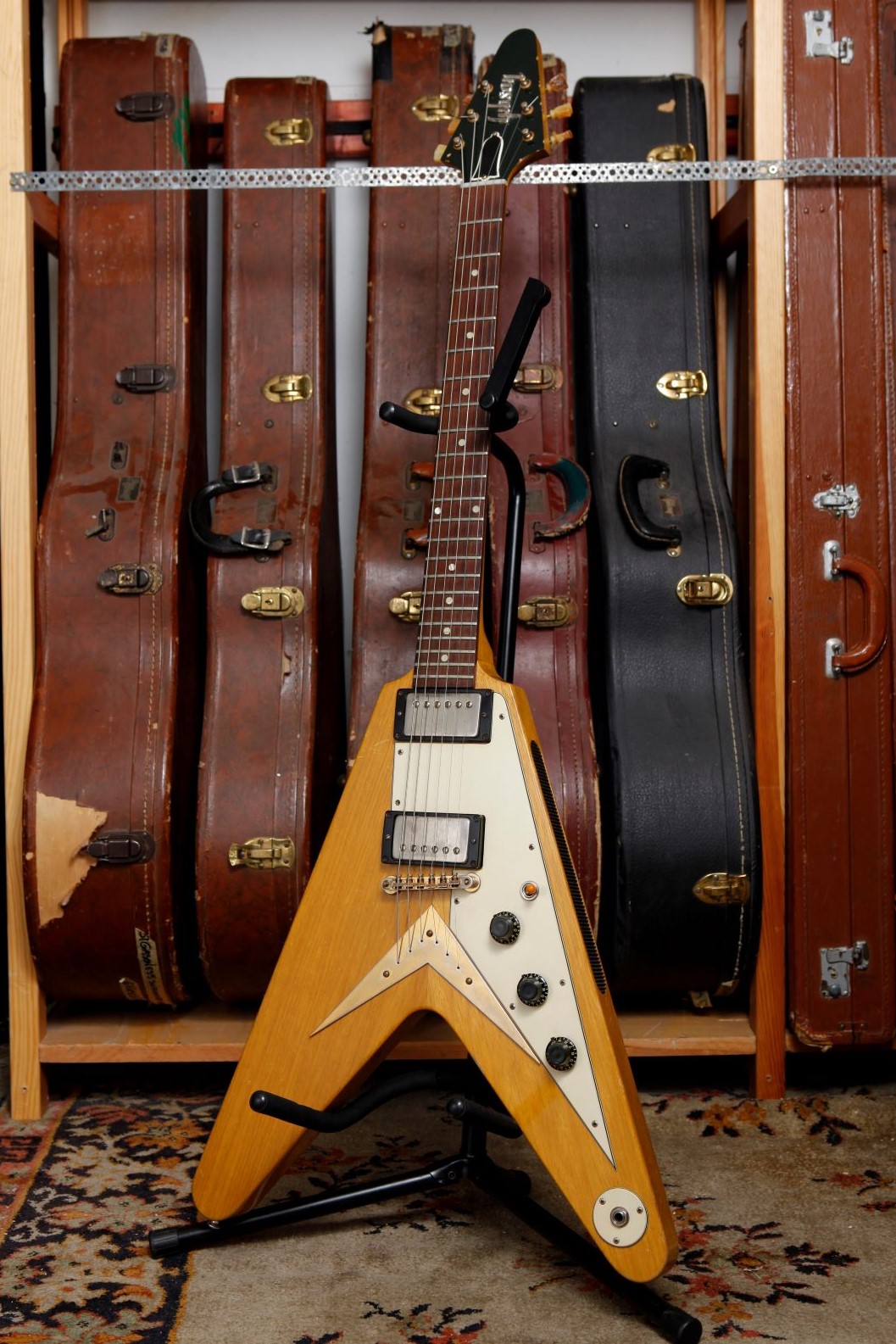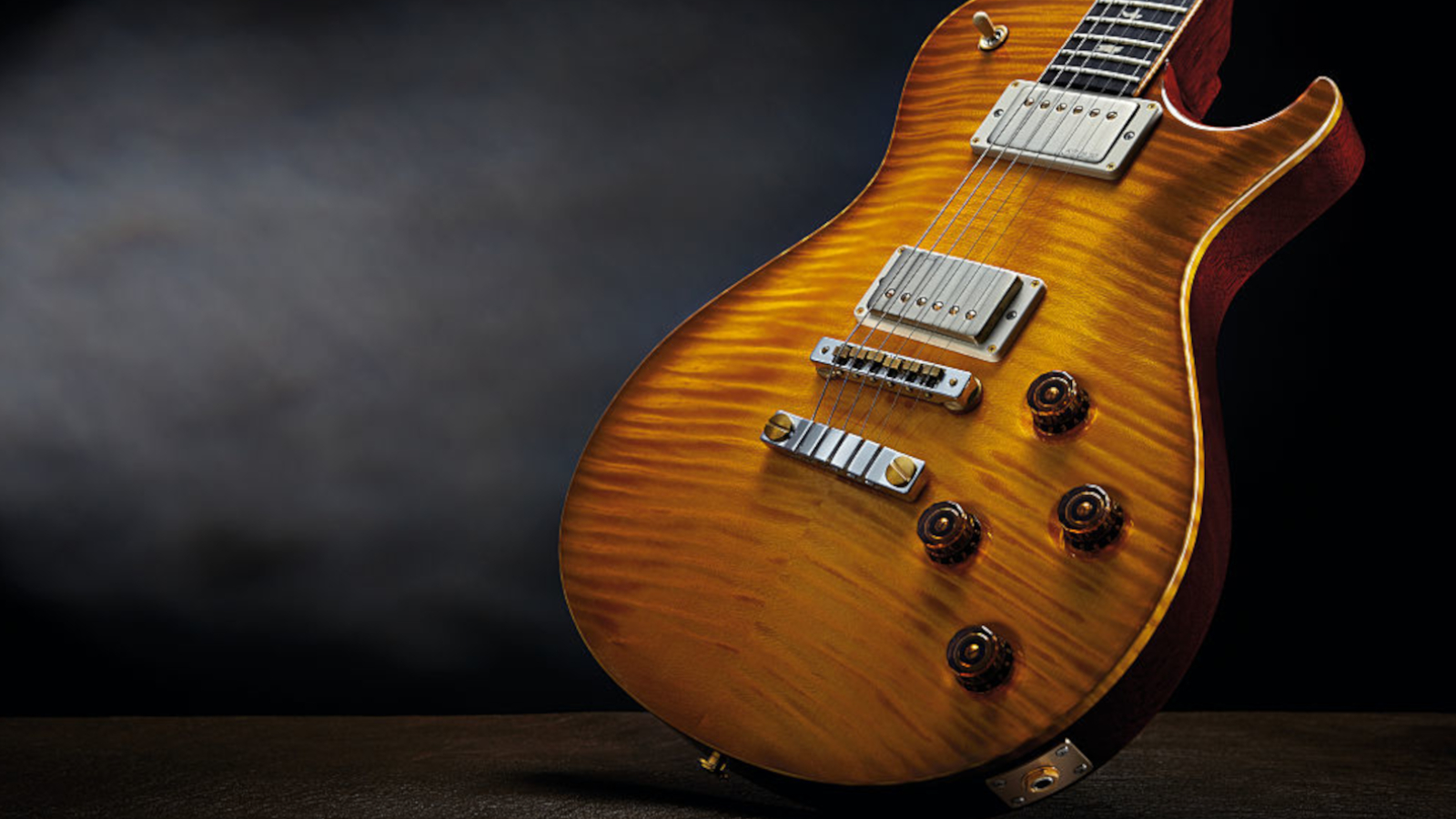Gibson's landmark court victory changes the course of guitar building history
The future is uncertain following decisive trademark ruling

Want all the hottest music and gear news, reviews, deals, features and more, direct to your inbox? Sign up here.
You are now subscribed
Your newsletter sign-up was successful
Back in 2019, Gibson Brands, Inc. filed a multi-million dollar lawsuit against Dean Guitars’ parent company, Armadillo Distribution Enterprises, Inc., claiming trademark infringement, counterfeiting and dilution.
Armadillo CEO Evan Rubinson responded by saying, “We will vigorously defend ourselves and seek to cancel Gibson’s alleged trademark registrations,” adding, “Some things are just too common and basic for one company to claim as their own property.”
Armadillo then countersued, alleging “tortious interference with Armadillo’s business relationships and/or contracts.”
Some things are just too common and basic for one company to claim as their own property
Evan Rubinson, Armadillo CEO
Fast forward to May of this year and an East Texas district court found that Gibson had not interfered with Armadillo’s business (and therefore owes no money to the company).
Additionally, it was decided that Dean violated a number of Gibson trademarks – specifically, the Flying V, Explorer, and SG electric guitar body shapes, along with the Hummingbird acoustic guitar name.
Crucially, the court also ruled that Gibson’s trademarks are not generic and, therefore, should not be cancelled.

Last week, the court issued an injunction preventing Armadillo/Dean Guitars from manufacturing, advertising and/or selling instruments infringing on Gibson’s trademarks.
Want all the hottest music and gear news, reviews, deals, features and more, direct to your inbox? Sign up here.
This clearly sets a precedent and is one of the most significant legal decisions in guitar building history.
But it’s not the first time Gibson has taken the legal route; this story goes back decades.
In the 1970s, the European and American markets were flooded with cheaper imitations of Gibson’s iconic guitar designs.

As Gibson’s golden era gave way to the Norlin era at the start of the decade, customers faced a perceivable decline in quality and turned to a newly abundant supply of knock-offs from Japan.
In an effort to compete, production of Epiphone guitars – Gibson’s sibling brand manufactured in the same Kalamazoo factory since the late ‘50s – was established in Japan.
In 1977, a lawsuit was filed relating to Ibanez’s use of Gibson’s ‘open book’ headstock shape and the matter was settled out of court.
Japanese vintage guitars prior to this are sometimes referred to as “pre-lawsuit” instruments.

In 2000, PRS Guitars received a cease and desist letter with respect to their Les Paul-derived Singlecut model unveiled at NAMM that year.
Gibson then sued on the basis of trademark infringement, with the court ruling in their favour in 2004.
However, that decision was overturned the following year, indicating the design was generic.
Much like the vintage Japanese instruments, early ‘00s PRS Singlecuts are often hyped as “pre-lawsuit” guitars on the used market.
And with Dean models headed in the same direction, that "pre-lawsuit" list has just gotten longer.
A post shared by Cesar (Gibson) (@gueikian)
A photo posted by on
Interestingly, Gibson Brand President Cesar Gueikian recently posted a photograph on social media of an instrument (possibly an Adam Jones signature model prototype) that combines the classic Flying V body shape with a Futura headstock.
Remind you of anything?
Rod Brakes is a music journalist with an expertise in guitars. Having spent many years at the coalface as a guitar dealer and tech, Rod's more recent work as a writer covering artists, industry pros and gear includes contributions for leading publications and websites such as Guitarist, Total Guitar, Guitar World, Guitar Player and MusicRadar in addition to specialist music books, blogs and social media. He is also a lifelong musician.
